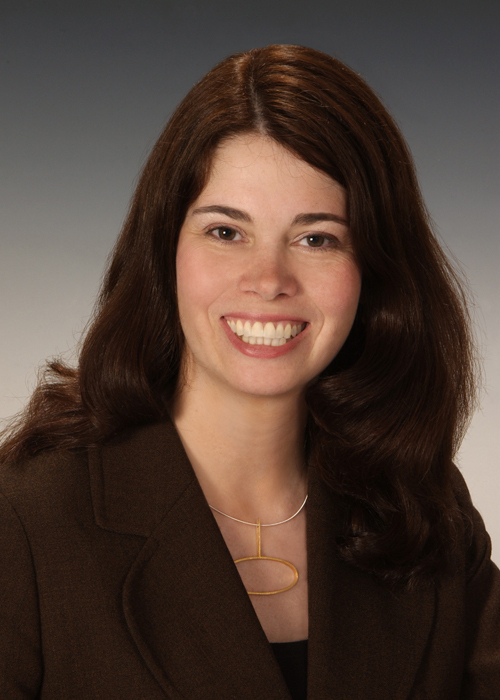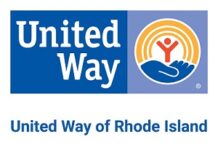
Lynne McCormack, director of the Department of Art, Culture & Tourism in Providence, is overseeing the ongoing effort to prepare an arts and cultural plan for the city. Called “Creative Providence – A Cultural Plan for the Capital City,” the project is slated for completion in June. A 21-member steering committee is working on putting the plan together. McCormack recently spoke to Providence Business News about why the plan is needed, what it will focus on and the importance of input from all segments of the community. A community forum on the plan will be held Nov. 18 from 2 p.m. to 5 p.m. at Roger Williams Park Casino and a “Creative Providence Summit” is scheduled for March 3-4 at the R.I. Convention Center.
PBN: Why does Providence need an arts and cultural plan?
McCORMACK: We do need one because we have a strong cultural community. The cultural plan becomes the blueprint for sustainability. We see this plan, not only for the cultural community – you know, the typical things you think of, the arts organizations, the library, the preservation organizations, the cultural groups – but we’re extending this plan out to build bridges with the creative economy as well. We have people on the steering committee, people in our working group, that are coming from the creative sector, the people that are part of the design industry in Rhode Island and Providence. So building a plan for the entire creative sector is what we’re calling it.
The reason that we need a plan now is because we’ve never had one … we’ve never had an actual prescription for what would help the community be stronger. In 2003, the Providence Foundation issued a study they had done on the creative economy. But it wasn’t necessarily taking into consideration the arts organizations and individual artists and those kinds of needs. …
Although the arts organizations seem strong and vibrant in the city because there are so many of them and they’re so much a part of our economy, generating over $111.8 million in annual economic revenue for the city and the state, they’re still struggling. There are very few organizations in town that are really in a place of strength in terms of their bottom lines.
PBN: What will the plan focus on? Will it focus on generating more special events, as does the plan for Charleston, S.C., or will it focus on marketing and services, as the Philadelphia plan does?
McCORMACK: I believe our plan is going to move more toward the Philadelphia kind of model. We have plenty of great events in the city. Our job now is not to develop more events, but to sustain … and strengthen the ones that we have, and to figure out marketing strategies around other organizations that don’t necessarily produce events. …
The plan will also incorporate the individual artists’ community, individual creators, small businesses [and] the entertainment industry in the city, so it really pulls together all those pieces, galleries [and] for-profit organizations that support the arts economy, so the plan is not just about nonprofits. And it’s about the small, creative businesses, the architects, the designers, the digital media people, the people who are working in industrial design.
PBN: Can you explain what your role is in this process?
McCORMACK: My role is to keep things global, my role is to listen to what’s happening, listen to people’s needs and to make sure everyone’s voice is being heard. My role is to be the global big-picture person and help to draw the connections.
But really the community is making this plan. … Anybody can participate in the process that would like to, you don’t have to be part of the creative sector, you can be a citizen who’s concerned about the well-being of our creative sector. You can be a business that doesn’t necessarily fit into [the creative sector]. This is really a plan for the citizens of the city.
PBN: In 2007, the mayor [David N. Cicilline] formed an Arts Investment Task Force and, also last year, there was an arts and business council in the city that spent $175,000 to conduct a regional market study on the cultural consumer in southeastern New England. How do these pieces fit in with the cultural plan?
McCORMACK: The Arts Investment Task Force was … a reaction to the economic impact study that we had done with Americans for the Arts, and the mayor believed very strongly that, when we see these economic numbers that are generated by the arts and culture community, we really need to strengthen support for it. So he put together the Arts Investment Task Force, which was chaired by James DeRentis of BankRI, who also at the time was the chair of the the Arts & Business Council [of Rhode Island Inc.]. So we’re trying to build synergies in everything we’re doing. The task force is actually tying up its work and within the next six weeks will be finished…
[The task force’s work] broke into two different projects. One [task force] committee developed a tool that will help link the Arts & Business Council, the [Providence Warwick] Convention & Visitors Bureau and the city’s Web sites together, so that there are inter-relational pieces that will show up on all three Web sites … We’re working that out right now.
The other half is a messaging campaign around the importance of arts and culture. It’s a tool kit for fundraisers and for stakeholders to use to have talking points about the power of the arts and why it’s important to the community. So those two things will be pretty much finished by the end of November. The task force will be put to bed, and [some members of the task force will join the steering committee], so we have consistency. The arts and business council marketing study, I haven’t been hands-on involved in that … but those numbers and the consumer research will all be tied into the cultural plan. … We’ll be using a lot of that research as we move forward with the plan. •
INTERVIEW
LYNNE McCORMACK
POSITION: Director of the Providence Department of Art, Culture & Tourism.
BACKGROUND: Before she was promoted to director in March 2006, McCormack was deputy director of the same city department since its inception in November 2003. Previously, she was associate director of the Office of Cultural Affairs in the city Parks Department – and, before working for the city, she was a film and video artist who among other things produced videos for nonprofits.
EDUCATION: Bachelor of Fine Arts degree in film and video production, 1987, Rhode Island School of Design.
FIRST JOB: As a teenager, McCormack was a cashier at a discount department store, where she also managed the delicatessen and painted signs for the store.
RESIDENCE: Providence
AGE: 43













I was at the most recent workshop, and there’s lots of excellent engagement, lots of energy. With RISD and AS220 as the lynch pins, the creative sector can grow to be a major driver, IMO. Too bad EDC can’t get freelancers and “the 1099 economy” onto their radar screen. They’re only graded on W2s. Short-sighted.